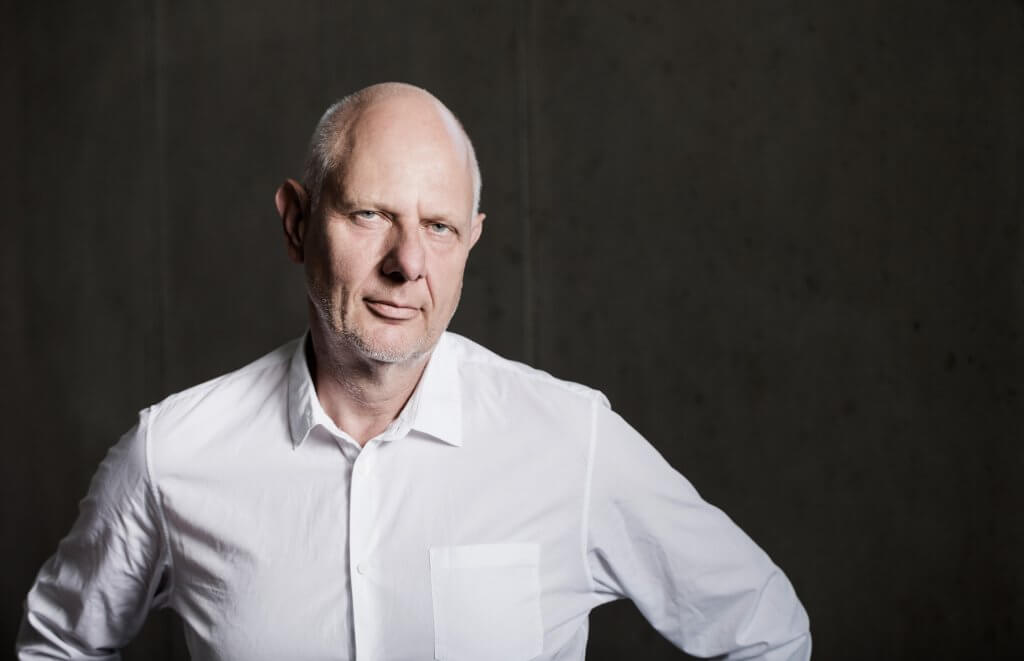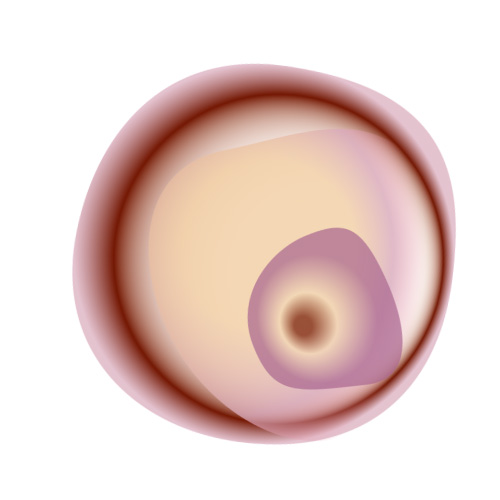
According to your current Future Report, Corona has forced us to leave our comfort zone and that this is not a bad thing, basically. What do you mean by that, exactly?
In these days, if you are looking back at our old normal it feels wired. Quite honestly, it does not feel “normal” at all. It has already become apparent before Corona. Globalization came to a climax. The media system produced more and more insanity. Our pace became faster and faster. Crises expose something that is already visible before, but still remains hidden. Crises expose the truth. They shake everything up. But they also open up new opportunities for all sectors.
Currently, we are in the middle of the second lockdown. Shopping is impossible. How will the shift in consumer spending be, afterwards?
The British newspaper The Economist has suggested that up to 90 percent of the old economy will be restored after the pandemic. Ten percent of the companies, including the big brands, will go out of business. I would rather expect 20 percent. The Corona crisis has shed some light on the dark side of consumption via different ways. It has made our discomfort regarding the excesses of consumption much more visible and emotional. It is destroying entire industries and forces others to transform. Triggered by the crisis, we experience a fundamental ecological shift. Corona works as a “transition crisis” to a post-fossil revolution.
The lockdown will result in retail closures. Are the feared desolation of the city centres inevitable?
After all, the development was not exactly healthy before. There were too many monotonous chains and an oversupply of textiles. In the future, stores will be “real-digital”, which means they will operate both online and offline. When the time comes, we will need less of retail space. We will also need 20 percent less of office space because ways of working are going to change. We will see a significant decline in the number of people moving into major cities over the next few years. Perhaps even over decades. This will make big cities a bit more liveable and airier, with more green space and quality of life. As a result of those factors, there will be a higher shopping quality.
The question is, what consumer developments will remain if we hope to get the pandemic under control with the vaccine this year? Don‘t you think that force of habit will prevail?
This is often stated, but the longer the crisis lasts, the more people are confronted with existential experiences and questions. Our personalities are undergoing a transformation. The crisis “touches us,” and that applies across all social classes. Certainly, there will be a group of people who, once the crisis abates, will engage in a kind of consumer compensation. Their philosophy of life might be to live more than ever. But that will go nowhere, because the course is set. The obsessive hedonism that characterized the last cultural phase is coming to an end. Deep crises like Corona trigger a profound change of human being’s worldviews. A “semantic shift” in the deep layers of society is going to happen.
What does this mean for companies?
Right now, a massive number of companies are really starting to think about their value creation models, about the degree to which to commit to environmental issues, to consistent CO2 targets and to new goals for the future. The time for greenwashing is over. It is getting really serious regarding to a company’s responsibility for the future. Not just for their business.
Does this also mean that corporate management needs to be redefined?
The senior managers, who adhere to the motto: ‘Close your eyes and hold on to the status quo,’ are leaving the especially “difficult” industries such as automotive, tourism, and fashion. The pre-Corona methods have simply reached their limits. Corporate leadership of the future is Purpose-Driven Leadership. That means the question arises which topics of the future a company selects to contribute something of significance to the world.
What are the consequences for team spirit and employees?
The true vision, the meaning and the purpose of a company will become even more decisive. Employer branding requires a shift in thinking which may be stated as a shift away from human resources towards human relations.
One of the subchapters from your 2021 Future Report is called „Thank You, Trump“. The Benefits of Trumpism. Can you briefly outline what you mean by that?
Trump stated in an incredibly drastic way what happens when a narcissistic character like him uses social media and subsequently divides society. One of the results was that he put people into an unfavourable state of agitation. If he had continued for four more years a show like that it would have collapsed, at some point. It’s important that we really understand the destructive nature of populism. In this matter, Trump acted like a storybook clown.
Let’s talk division of society. Right now, opinions within societies differ regarding to policy measures which refer to Corona. Even in Germany. (I do also have a feeling that society is divided somehow.)
There are angry opinions but it’s not a split like in the United States. Figures show that the majority of the population in Germany has a reasonable scientific approach to the pandemic. 70 to 80 percent do agree with what the federal government is doing, even now. We haven’t had numbers like that in 20 years. There is also a paradoxical rebound effect of corona deniers. The more Corona opponents take their weird theses to the streets and ally with neo-Nazis, the more people appreciate what they have within a democratic culture and society. This was also the case in the 1970s and 1980s, when I was a young adult. The more militant the student protests became, the more an alliance of moderate opinions and sanity were formed in the middle of society during those days.
You are also stating that in 2021, companies will have to redefine their value systems. What does that mean for fashion companies?
Fashion sells youthfulness, eroticism and how the right body shape has to look like. It is an important part of our culture. But now it’s also important to look beyond the industry and ask if the input factors are affecting our environment in a desired way. As well, does the question arises, if the impact on society is favourable. In this respect, I remember the anorexia-in-models-debate. There is going to be an increasing number of ethical questions, in addition to aesthetic ones, arising.
Would you say that niche brands have it easier than big players from an ecological point of view?
It’s always a cat-and-mouse game within all industries. Giant corporations like Zara or H&M split themselves up into several brands. Some of these sub brands go like crazy into eco-textiles. But as in the food industry, the consistent innovations actually come from the start-up scene. Actually, we are living in a very innovative time.
It sounds like you’re definitely looking at the positive sides of Corona?
Crises generally offer the opportunity to open up space for what has so far disappeared under routines and shallow thinking which does not mean I think the pandemic is “good.” It’s just that if the pandemic hadn’t come, something else would have had similar effects. We have market saturation and fatal price wars in so many sectors of the economy. Think about what’s going on in the meat industry, for example.
2021 is the year of decisions for you. Why?
This decade will determine whether we succeed in moderating global warming. Due to the deep crisis in which we find ourselves, we are experiencing changes in all areas of our lives, in politics, society, the economy and our level of values. We have to determine the course, right now. Do we want to go back to the old wrong normal or in a better direction?
What do you see as the key questions for the new year?
How can we make our healthcare systems more adaptable? How can we transform our economic systems towards a better, more human and more future-oriented direction? How do we make the post-fossil turnaround sexy, attractive and lucrative, so that we’re not just constantly afraid of renunciation and restrictions? How do we transform raging pessimism and hostility towards our future, into more confidence?
What is the greatest challenge for you?
Not to lose control. As well as, the challenge to recognize that the world is not as negative as the media always projects it.
Interview: Sabine Spieler
Here you will get more informations about his future trend report.








